Valley Vision Takes On Longstanding Regional Climate Collaborative
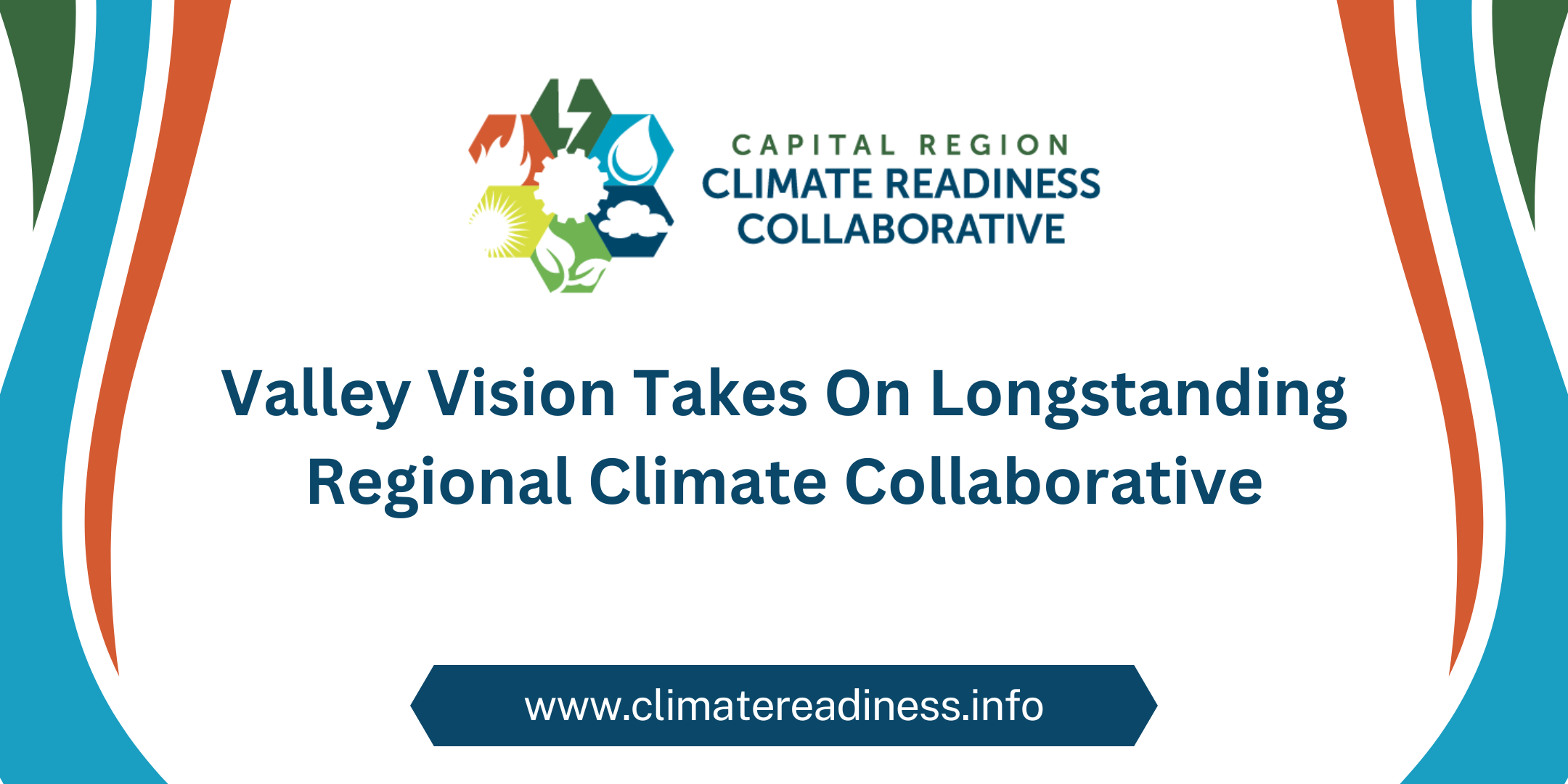
We are thrilled to announce that the Capital Region Climate Readiness Collaborative (CRC) has officially transitioned from CivicWell to Valley Vision. CRC was established in 2014 to improve collaboration and coordination between government, business, and community as it relates to climate change adaptation and mitigation. Valley Vision joined the Collaborative in 2015 and has had leadership roles in the Collaborative since.
This transition marks a new and exciting chapter for CRC, as Valley Vision is already working to advance climate resilience and collaboration in the greater Sacramento region through several programs such as the Cleaner Air Partnership and We Prosper Together, a California Jobs First Initiative.
As CRC’s new home, Valley Vision will continue to facilitate regional conversations to improve coordination and take action on climate adaptation and mitigation. The Capital Region Climate Readiness Collaborative has long been a crucial platform for bringing together a diverse set of stakeholders, including local governments, businesses, nonprofits, and community groups, to address climate challenges facing the region, such as warming air and water temperatures, risk of wildfire, more extreme heat waves, variable precipitation and seasonal shifts, and loss of ecosystem habitat, to name a few. Now, with Valley Vision’s leadership, we are positioned to build on these efforts and bring even greater capacity to support regional resilience and collaboration.
We invite Valley Vision’s partners to learn more about the Capital Region Climate Readiness Collaborative and consider joining the Collaborative as a member. Whether you are a business leader, government agency, academic institution, or community organization, your participation will help strengthen our collective ability to build a climate-resilient future for all.
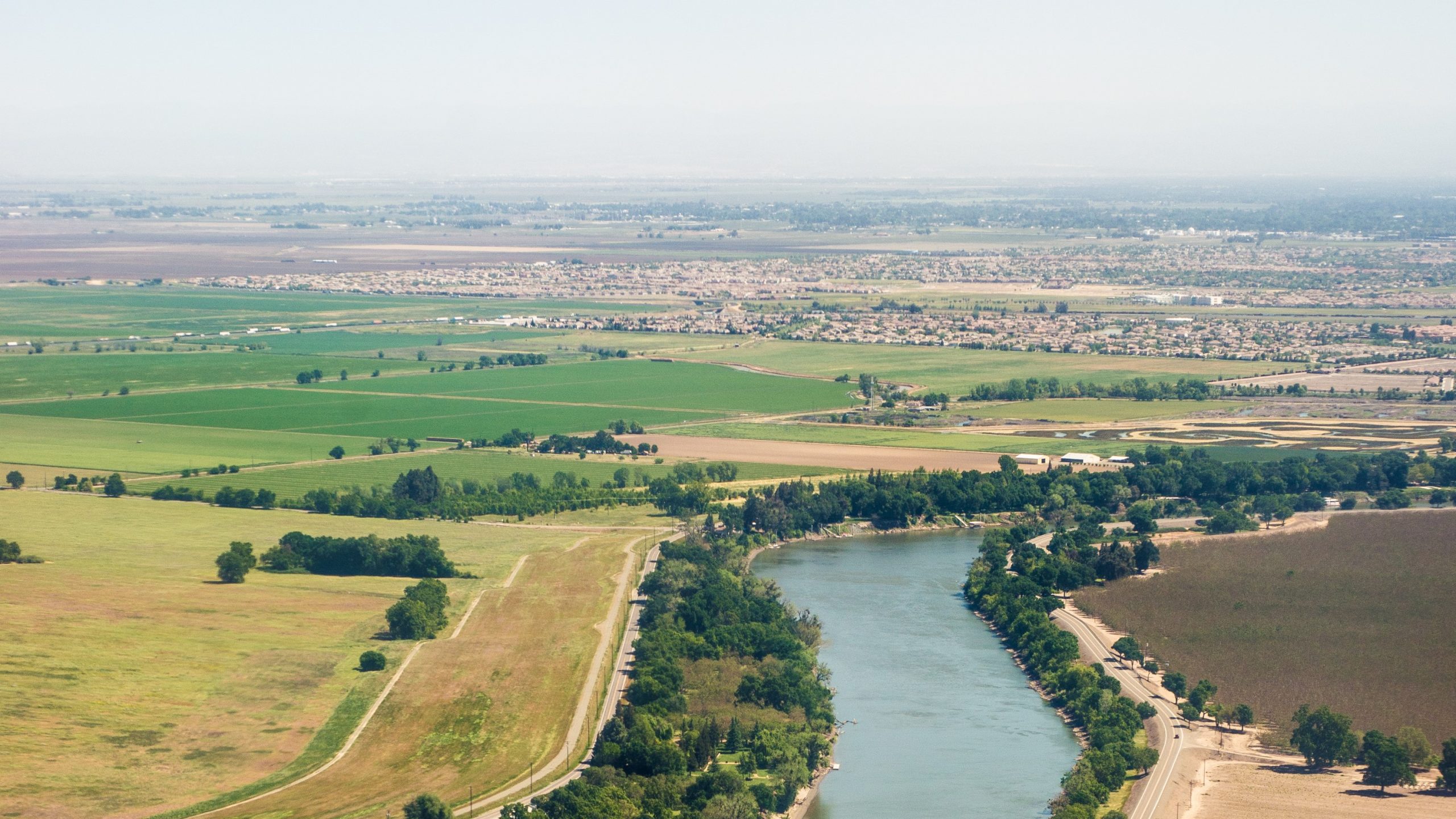
Upcoming Events You Don’t Want to Miss
To kick off this new chapter, we’re excited to host/cohost a series of events designed to engage our community and provide opportunities for learning, networking, and collaboration.
November 20th, 10:30 AM – 2:30 PM, Biomass Workshop, Folsom Community Center
- Join for an in-depth workshop focused on the role of biomass in climate resilience. This event is in collaboration with the Cleaner Air Partnership, the Los Rios Community College District, and CRC. With over 100 attendees expected, this workshop will establish a shared understanding of biomass utilization, explore the future of forest management and agricultural careers in our region, and mobilize leaders and decision-makers for action. It’s an incredible opportunity to connect with regional experts, researchers, and policymakers. Registration link.
December 12, 12:30 PM – 4:00 PM – CRC Members-Only Meeting, Sierra 2 Center – 2791 24th Street, Sacramento CA 95818 (Room 10)
- This meeting, exclusively for CRC members, will feature presentations on the state of climate adaptation in the Capital Region. Attendees will have the opportunity to engage in roundtable discussions, identify collaboration opportunities, and explore how CRC can better support members’ efforts in addressing climate challenges. If you are already a member, this is your chance to help shape the future of climate action in the region. If not, consider joining to be part of this important conversation! Registration link
Join the Capital Region Climate Readiness Collaborative
There has never been a more critical time to take action on climate resilience. CRC is a diverse and growing collaborative, and with Valley Vision’s leadership, we are ready to take CRC’s impact to the next level. We invite you to join us as a member and be part of the solution as we work together to create a more climate-resilient Capital Region.
To learn more about membership opportunities, visit https://climatereadiness.info/about-us/join-the-collaborative or contact Grace.Kaufman@valleyvision.org.
A Dose of (Climate) Reality
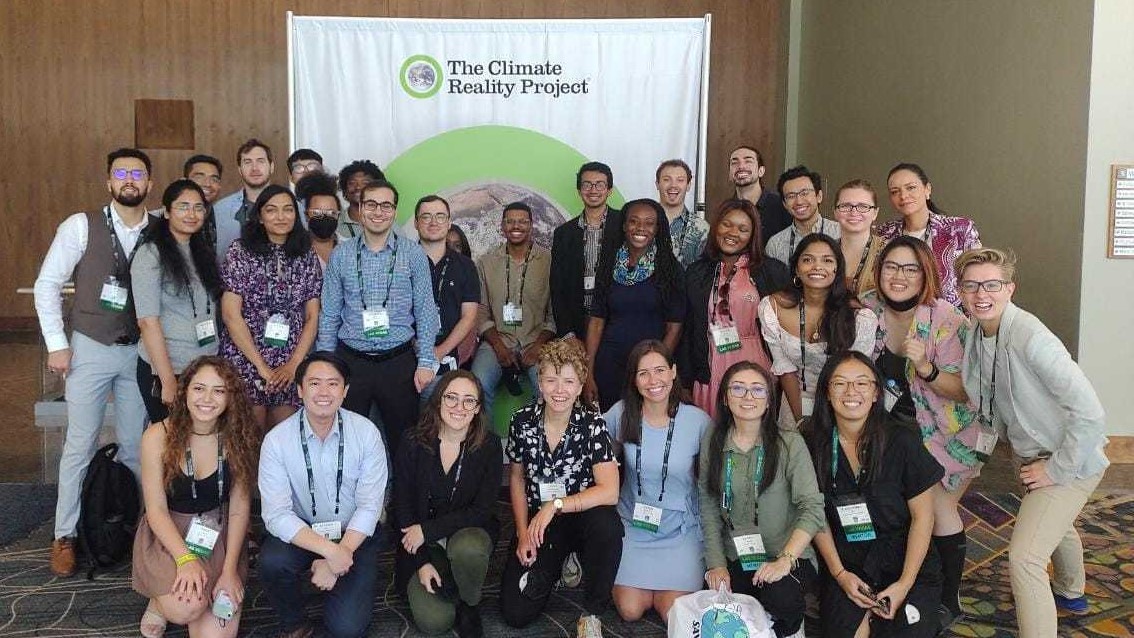
A blast of 109-degree air hit me as I exited the absurdly air conditioned Planet Hollywood casino on the Las Vegas Strip. It was June 10th, 2022, and Southern Nevada was having its hottest day of the year (thus far).
Ironically, I was there to learn, collaborate, and connect as part of the 2022 cohort of the Climate Reality Leadership Corps. So much for glitz, glamour, and excess – things were getting very real in the Nevada desert.
The Climate Reality Project is the organization founded by former Vice President Al Gore using proceeds from the unexpected success of 2006’s ‘An Inconvenient Truth’ film and accompanying book. Today, the organization is an international nonprofit on the leading edge of education and advocacy related to climate change, and the Leadership Corps program is intended to build the capacity of climate leaders and their networks for action.
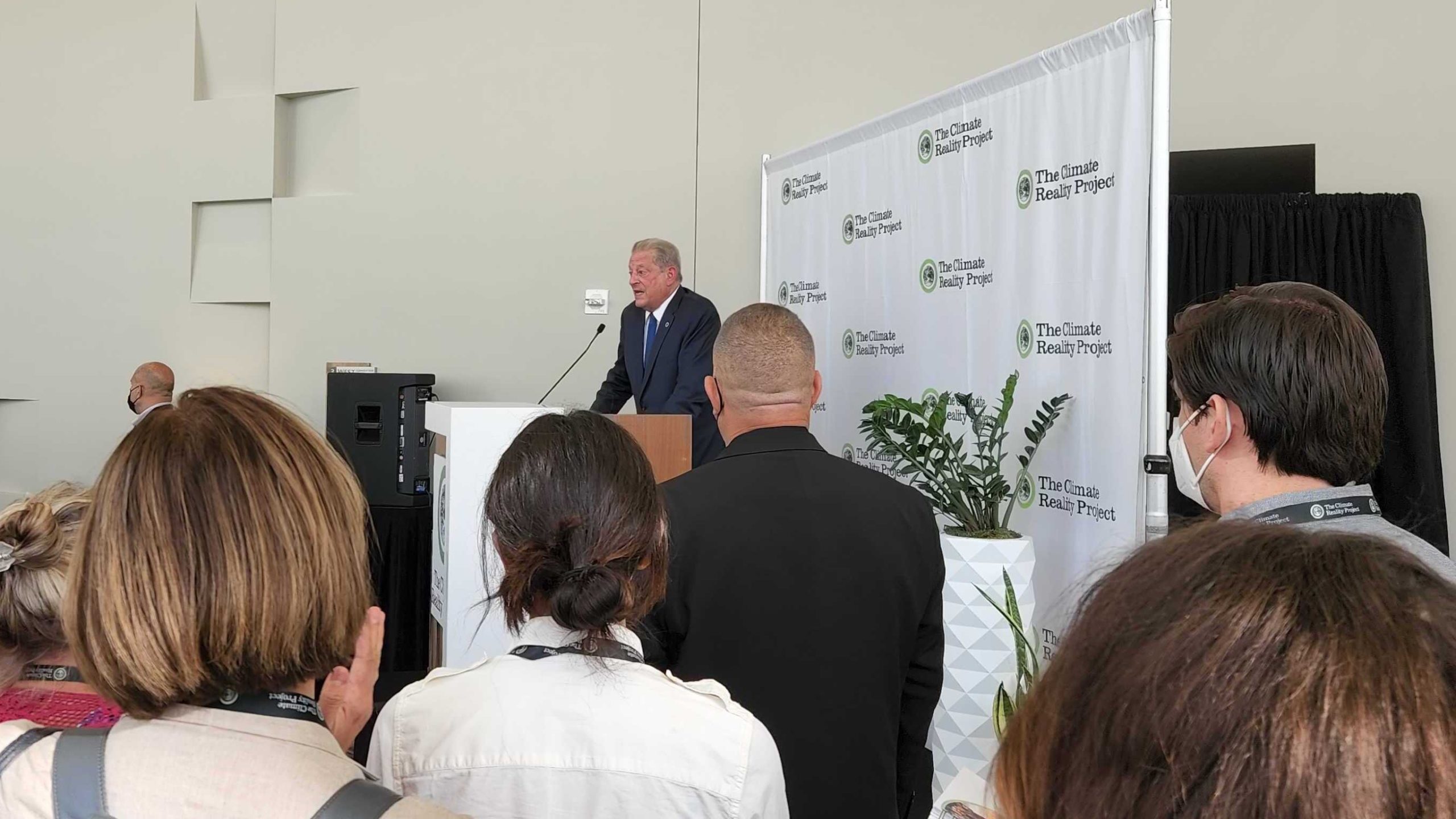
Mr. Gore continues to anchor the organization in many ways, but over the course of two-and-a-half days we were able to get to know Climate Reality’s talented and diverse staff, as well as activists, scientists, and skilled communicators from across the Americas, including dozens of Indigenous leaders on the frontlines of climate action in their communities (with an emphasis on the American Southwest). I was particularly excited to connect with William J. Barber III, Climate Reality’s Director of Climate and Environmental Justice and the son of William Barber II, a well-known preacher and co-chair of the national Poor People’s Campaign, as well as Dr. Elena Krieger, Director of Research with PSE Energy (Physicians, Scientists, and Engineers for Healthy Energy) and a partner in community air protection projects in California.
There is strong connectivity with the work that Valley Vision has been doing for years to advocate for clean air policies, advance neighborhood-based air monitoring and emissions reduction efforts, and to support innovative projects like the California Mobility Center.
That being said, I was participating primarily as a member of the Global Shapers – Sacramento Hub, a local group affiliated with the World Economic Forum’s international network of over 14,000 young leaders across 448 city-based Hubs in 146 countries. The Sacramento Shapers have been working with Climate Reality locally on a water conservation project, conducting door-to-door outreach, distributing resources, and providing micro-grants to artists working on water conservation-related projects.
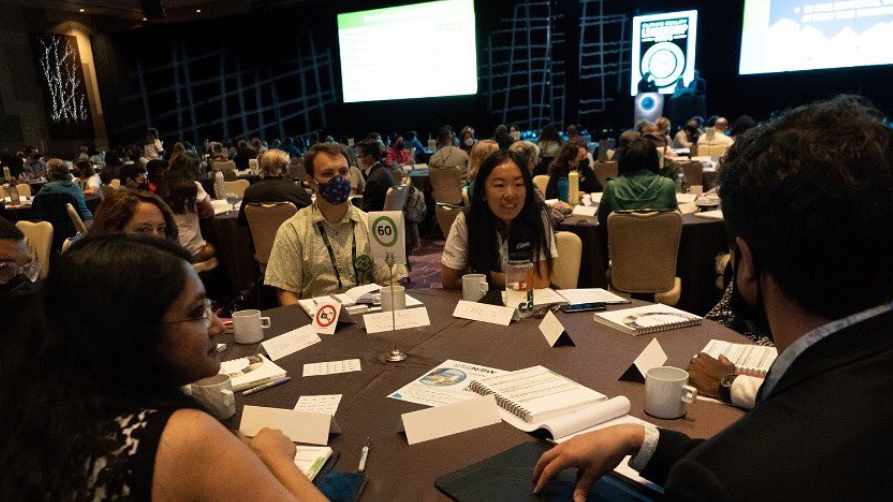
Leadership Corps participants were treated to a full-length, up-to-date version of the famous ‘An Inconvenient Truth’ PowerPoint presentation on the first day of the training, as well as a shortened 10-minute version, both delivered by Mr. Gore. We also learned how best to communicate about climate change, and reflected on our own personal brand of climate activism taking into account our unique skills and backgrounds. We developed and practiced hands-on skills, and were presented with powerful information about the latest climate science, best practices, and technological advancements needed to support a global transition away from greenhouse gas use.
The training made very clear the linkage between the global climate crisis and the environmental racism faced by the communities of color most impacted by climate change. People of color in the US are exposed to up to 63% more pollution than they produce – while white people are exposed to 17% less. Fossil fuel air pollution contributed to nearly one in five premature deaths in 2018. Sometimes the climate crisis can feel nebulous to those who don’t reside in frontline communities, and this relationship is incredibly important to make evident when doing this work.
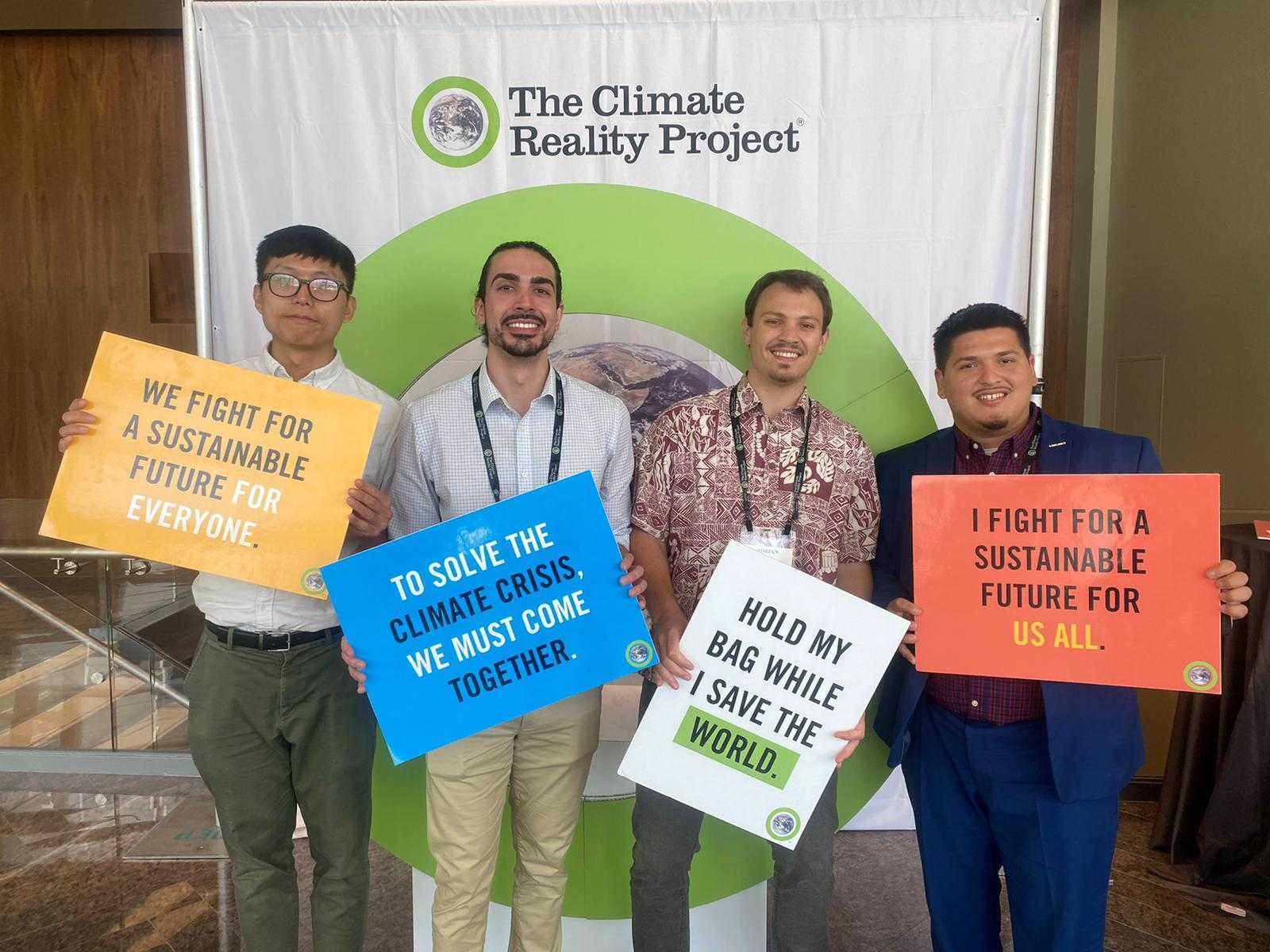
Across the world-class speakers and hands-on trainings, there were several direct quotes that really resonated with me:
- Shabd Singh: “How do you build people power? The answer is simple – one conversation at a time.”
- Van Jones (not present): “The green economy should not just be about reclaiming throw-away stuff. It should be about reclaiming thrown-away communities.”
- Alexa Aispuro Loaiza: “White allies can support communities of concern in the following way – lead by following.”
- Tim Guinee: “Action is the antidote to despair about the climate crisis.”
All that being said – hope is critical if there is to be progress. Despair is just another form of denial. And if we truly care about our planet and its people, we will build the relationships, educate our communities, and advocate for solutions that benefit those most impacted. I’ll end this blog the same way that Mr. Gore closed the two-and-a-half-day training: “Political will is a sustainable resource.” Let’s do this!
Note: Masks were required at all times except during meals and while taking photos, as a COVID-19 precaution. Photos used as part of this blog do not reflect the in-person experience.
To keep up with Valley Vision’s work to advance livability in the Sacramento region, subscribe to our Vantage Point email newsletter!
Adrian Rehn is a Valley Vision Project Leader overseeing the Cleaner Air Partnership, Sacramento Neighborhoods Activating on Air Quality, and Valley Vision’s flagship ‘Vantage Point’ email newsletter.